Mike Leamy
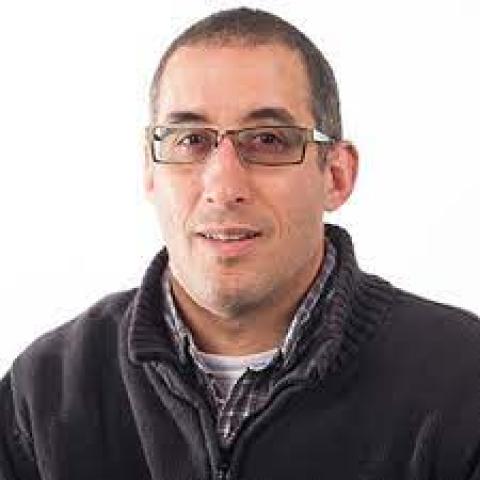
Electric Vehicles; Acoustics and Dynamics; computational mechanics; Multiscale Modeling; Nanostructured Materials; Metamaterials
- Computing and Communication Technologies

Electric Vehicles; Acoustics and Dynamics; computational mechanics; Multiscale Modeling; Nanostructured Materials; Metamaterials
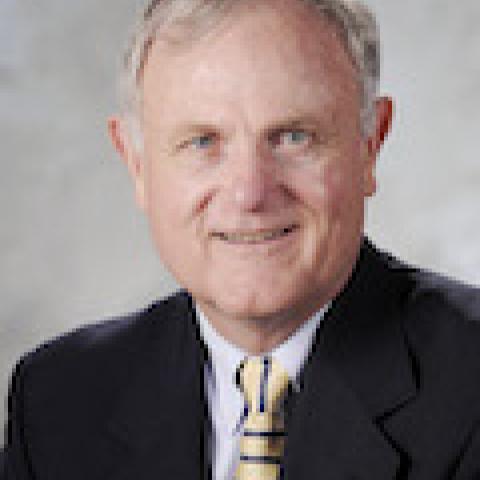
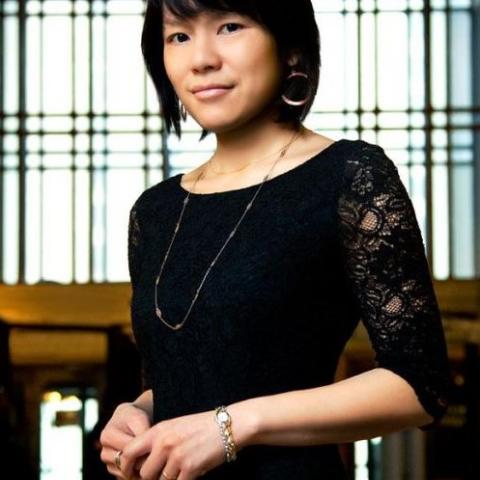
Debra Lam is the Founding Director of the Partnership for Inclusive Innovation, a statewide public-private partnership committed to investing in innovative solutions for shared economic prosperity. She continues to lead smart communities and urban innovation work at Georgia Tech. Prior to this, she served as Pittsburgh’s inaugural Chief of Innovation & Performance where she oversaw all technology, sustainability, performance, and innovation functions of city government. Before that, she was a management consultant at a global engineering and design firm, Arup. She has received various awards, including being named one of the top 100 most influential people in digital government by Apolitcal.
She has worked and lived in the United Kingdom, China, Taiwan, and Hong Kong. A graduate of Georgetown University and the University of California, Berkeley, Debra serves on the board of the Community Foundation of Greater Atlanta and was most recently appointed by the U.S Department of Commerce to the Internet of Things Advisory Board.
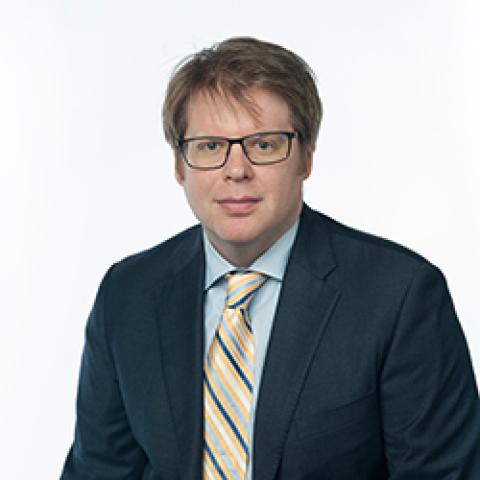
Nuclear
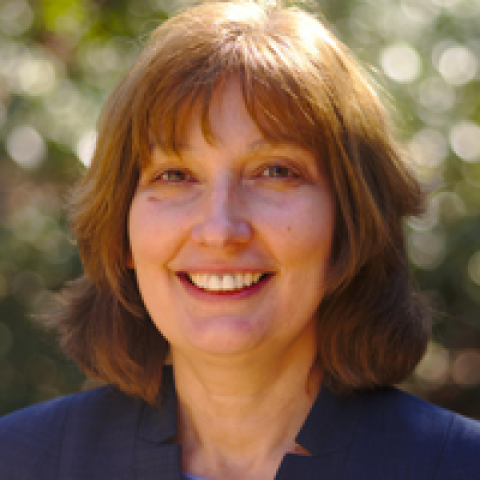
Rachel Ann Kuske is an American-Canadian applied mathematician and Professor and Chair of Mathematics at the Georgia Institute of Technology.
Kuske received her Ph.D. in Applied Mathematics from Northwestern University in 1992. Her dissertation, Asymptotic Analysis of Random Wave Equations, was supervised by Bernard J. Matkowsky. From 1997 to 2002, she was assistant professor and then associate professor at the University of Minnesota.
She is an expert on stochastic and nonlinear dynamics, mathematical modeling, asymptotic methods, and industrial mathematics. She served on the Scientific Advisory Board for the Institute for Computational and Experimental Research in Mathematics (ICERM), and as of 2021 she serves on ICERM's board of trustees.
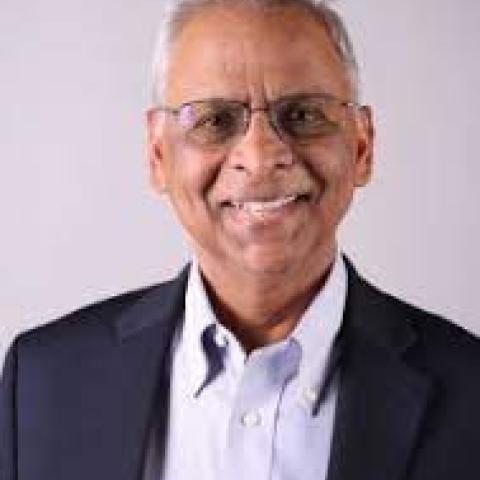
Satish Kumar is currently an Associate professor in the George W. Woodruff School of Mechanical Engineering at Georgia Tech. He joined Georgia Tech in 2009 as an Assistant Professor. Prior, he worked at IBM Corporation where he was responsible for the thermal management of electronic devices. Kumar received his Ph.D. in Mechanical Engineering and M.S. degree in Electrical and Computer Engineering from Purdue University, West Lafayette in 2007. He received his M.S. degree in Mechanical Engineering from Louisiana State University, Baton Rouge in 2003 and B.Tech. degree in Mechanical Engineering from the Indian Institute of Technology, Guwahati in 2001. His research interests are in electro-thermal transport in carbon nanotube, graphene, and 2D materials based electronic devices, AlGaN/GaN transistors, thermal management, and thermo-electric coolers. He is author or co-author of over 70 journal or conference publications. His contributions to his research field have been recognized by Purdue Research Foundation Fellowship in 2005, 1969 Teaching Fellow from Center for the Enhancement of Teaching and Learning Center at Georgia Tech, 2012 Summer Faculty Fellow from Air Force Research Lab, 2014 Sigma Xi Young Faculty Award, and 2014 DARPA Young Faculty Award.
Compund SemiconductorsComputational mechanicsCarbon NanotubesBio-Devices
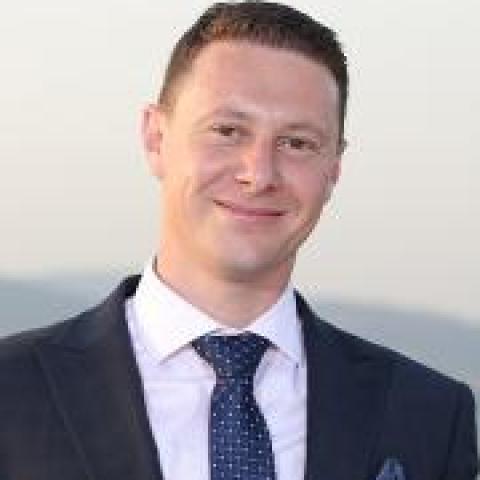
Dr. Dan Kotlyar is an Assistant Professor in the Nuclear and Radiological Engineering, G.W.W. School of Mechanical Engineering. He received his B.Sc. in Engineering in 2008, MSc in Nuclear Engineering in 2010, and PhD in Nuclear Engineering in 2013 from Ben-Gurion University, Israel. In 2014, he joined the University of Cambridge as a Research Associate in the Engineering Design Center. In 2014, he was elected as a Research Fellow at Jesus College. He is the recipient of the NRC Faculty Development Fellowship. Dr. Kotlyar’s research interests include development of numerical methods and algorithms for coupled Monte Carlo, fuel depletion and thermal hydraulic codes. In particular, he specializes in applying these methods to the analysis of advanced reactor systems. Dr. Kotlyar’s research also focuses on optimizing the performance of various fuel cycles in terms of fuel utilization, proliferation, and cost. Dr. Kotlyar profoundly believes in education through research and thus integrates practical reactor system design into his lectures.
Nuclear
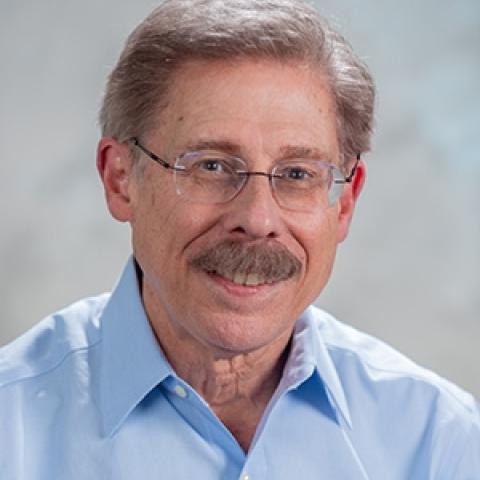
Materials for membranes, sorbents, and barrier packaging applications rely upon the same fundamental principles. Thermodynamically controlled partitioning of a penetrant, such as carbon dioxide into a membrane, sorbent or barrier packaging layer is the first step in the transport process. If the material is a polymer, cooperative motions of the matrix enable diffusive motion by the penetrant. In highly rigid carbon molecular sieves and zeolites, motion of the matrix is negligible, and penetrant transport is governed by the relative size of pre-existing pores and the penetrant molecule.
Koros’s group is a leader in developing advanced materials for membranes, sorbents, and barrier applications by optimization materials to either promote or retard transport of specific components. For instance, for a chosen penetrant such as carbon dioxide, the Koros group can create a barrier, a selective membrane, or a sorbent by materials engineering. Work is also underway in the Koros group to form “mixed matrix composite” materials comprised of blends of metal organic framework or other specialty components within the matrix of a conventional polymer. This approach allows further optimization of transport properties without sacrificing the ease of processing associated with conventional polymers.
Effects due to non equilibrium thermodynamic and non-Fickian transport phenomena are additional topics his group studies. Long lived conditioning effects due to exposure of membranes and barriers to elevated concentrations of certain penetrants are typical of such non equilibrium phenomena. Protracted aging of glassy polymers, carbons, and inorganic membranes after formation or conditioning treatments also are of interest to his research group. In many cases, these effects seem to defy logic—until one realizes that an expanded set of rules governs these out-of-equilibrium materials.
Polymers; Seperation Membranes; Heat Transfer
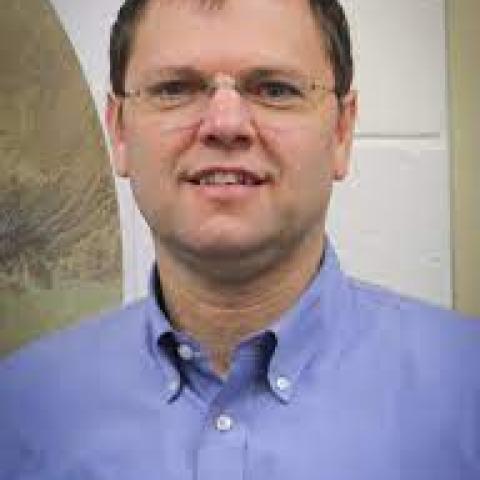
Dr. Kostka is currently a professor of Biology at Georgia Institute of Technology (GT). Prior to GT, he was an Associate Professor at the Department of Oceanography, Florida State University. His research involves microorganism studies in geochemical cycles of pristine and contaminated ecosystems, from the oceans to the terrestrial subsurface.
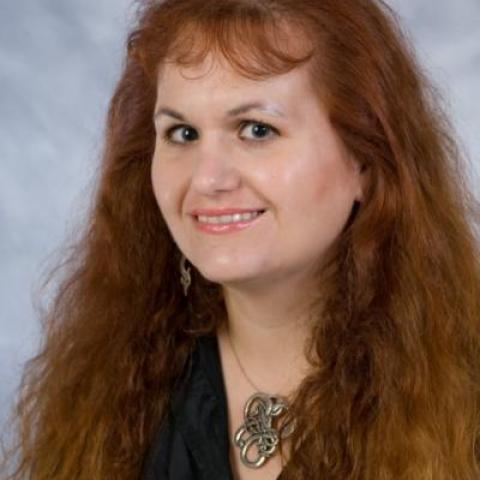
Margaret E. Kosal's research explores the relationships among technology, strategy, and governance. Her research focuses on two, often intersecting, areas: reducing the threat of weapons of mass destruction (WMD) and understanding the role of emerging technologies for security. Her work aims to understand and explain the role of technology and technological diffusion for national security at strategic and operational levels. In the changing post-Cold War environment, the most advanced military power no longer guarantees national or international security in a globalized world in which an increasing number of nation-states and non-state actors have access to new and potentially devastating dual-use capabilities. The long-term goals of her work are to understand the underlying drivers of technological innovation and how technology affects national security and modern warfare. She is interested in both the scholarly, theoretical level discourse and in the development of new strategic approaches and executable policy options to enable US dominance and to limit the proliferation of unconventional weapons. On the question of understanding the impact of emerging technology on national and international security her research considers what role will nanotechnology, cognitive science, biotechnology, and converging sciences have on states, non-state actors, balance of power, deterrence postures, security doctrines, nonproliferation regimes, and programmatic choices. Through examination of these real applications on the science (benign and defensive) and potential (notional) offensive uses of nanotechnology, she seeks to develop a model to probe the security implications of this emerging technology. The goal of the research is not to predict new specific technologies but to develop a robust analytical framework for assessing the impact of new technology on national and international security and identifying policy measures to prevent or slow proliferation of new technology - the next generation “WMD” - for malfeasant intentions. Kosal is the author of Nanotechnology for Chemical and Biological Defense (Springer Academic Publishers, 2009), which explores scenarios and strategies regarding the benefits and potential proliferation threats of nanotechnology and other emerging sciences for international security. She is also Director of the Sam Nunn Security Fellows Program and Co-Director of the Program on Emerging Technology within the Center for International Strategy, Technology, and Policy (CISTP). Kosal was recently appointed Adjunct Scholar to the Modern War Institute at the US Military Academy/West Point. From 2012-2013, she as a senior advisor to the Chief of Staff of the US Army as part of his inaugural Strategic Studies Group (SSG). Before joining the Sam Nunn School of International Affairs, she was Science and Technology Advisor within the Office of the Secretary of Defense (OSD). Kosal also served as the first liaison to the Biological and Chemical Defense Directorate at the Defense Threat Reduction Agency (DTRA). She has been recognized for her leadership across the U.S. federal government, specifically for efforts to coordinate across the DoD as part of the interagency Nonproliferation and Arms Control Technology Working Group, reporting to the National Security Council (NSC), and as member of the interagency federal group charged with leading the National Nanotechnology Initiative (NNI). Kosal was nominated to and led the U.S. involvement in the NATO Nanotechnology for Defense Working Group. Her awards include the 2015 CETL/BP Junior Faculty Teaching Excellence Award, 2014 Georgia Tech Junior Faculty Outstanding Undergraduate Research Mentor Award, 2012 Ivan Allen Jr Legacy Award, 2010 INTAGO Faculty Award, CETL Class of 1969 Teaching Scholar, the OSD Award for Excellence, 2007 UIUC Alumni Association Recent Alumni Award, the President’s Volunteer Service Award, American Association for the Advancement of Science (AAAS) Defense Policy Fellow, and the Society of Porphyrins and Phthalocyanines Dissertation Research Award. Currently, she serves on the editorial board of the scholarly journals Studies in Conflict and Terrorism, the Journal of Strategic Security, the Journal of Defense Management, and Global Security: Health Science and Policy. Education: Ph.D., Chemistry, University of Illinois at Urbana-Champaign B.S., Chemistry, University of Southern California Awards and Distinctions: Senior Adjunct Scholar to the Modern War Institute at the U.S. Military Grand Challenges Faculty Fellow, AY2015-2016 & AY 2016-2017 2015-2016 CETL Class of 1969 Teaching Scholar 2015 CETL/BP Junior Faculty Teaching Excellence Award Gold Star Award in Recognition of the Highest Level of Accomplishment in Research, Ivan Allen College of Liberal Arts Dean Griffith Teaching Recognition – “Thank a Teacher” Award 2014 Georgia Tech Junior Faculty Outstanding Undergraduate Research Mentor Award Ivan Allen Jr. Legacy Faculty Award, 2012 INTAGO Faculty of the Year, 2010 Office of the Secretary of Defense Award for Excellence, 2007 University of Illinois at Urbana-Champaign Recent Alumni Award, 2007 President’s Volunteer Service Award, 2007 American Associatio for the Advancement of Science (AAAS) Science & Technology Fellowship, 2005-2007 American Chemical Society’s Chemical and Engineering News Top 2002 Supramolecular Chemistry research paper Areas of Expertise: Biotechnology Emerging Technology Military Nanotechnology National Security Nonproliferation Nuclear Weapons Terrorism US Foreign & Defense Policy
Defense / National Security; Cyber Technology; Policy/Economics